ChatGPT Atlas, OpenAI’s long awaited browser, is finally out

On Tuesday, OpenAI launched its long-awaited, rumored web browser, ChatGPT Atlas. It is an AI-powered browser built around ChatGPT, the popular chatbot, and its release is considered a direct challenge to Google Chrome’s longtime dominance in the market.
The launch marks OpenAI’s latest effort to leverage ChatGPT’s massive user base — now over 800 million weekly active users — as the company aims to deepen its presence in users’ digital lives by collecting data on their browsing activity.
This development could accelerate the shift toward AI-driven search, as users increasingly rely on conversational tools that summarize and synthesize information rather than traditional keyword-based search results, intensifying the competition between OpenAI and Google.
The new browser quickly impacted Alphabet, the parent company of Chrome, causing its stock to drop 1.8% on that day’s trading. ChatGPT Atlas joins an already crowded field of AI-enhanced browsers, including Perplexity’s Comet, Brave Browser, and Opera’s Neon, as companies compete to integrate tools that can summarize pages, fill out forms, and generate code to attract users.
Atlas enables users to open a ChatGPT sidebar within any browser window to summarize content, compare products, or analyze data from any website. In “Agent Mode,” available to paid subscribers, ChatGPT can interact with websites on behalf of users and complete tasks from start to finish, such as searching for a trip and buying related items.
During a live demo on Tuesday, OpenAI developers demonstrated how ChatGPT can locate a recipe online and automatically buy the ingredients—navigating to Instacart and adding the items to the cart within minutes.
For now, the browser is available exclusively on Apple’s macOS, with versions for Windows, iOS, and Android expected in the future.
Recently, Google has been adapting to shifting search habits amid the rise of ChatGPT. Depending on the query type, Google Search might display an AI-powered “Smart Overview” alongside traditional links to provide a more conversational experience. Last month, Google also added its Gemini AI model to the Chrome browser for users in the United States, with plans to roll it out to the Chrome app on iOS.
Despite increasing competition, Google Chrome continues to lead the global browser market with a 71.9% share as of September, according to StatCounter data. However, analysts believe OpenAI’s new browser could initiate a new wave of competition in digital advertising revenue.
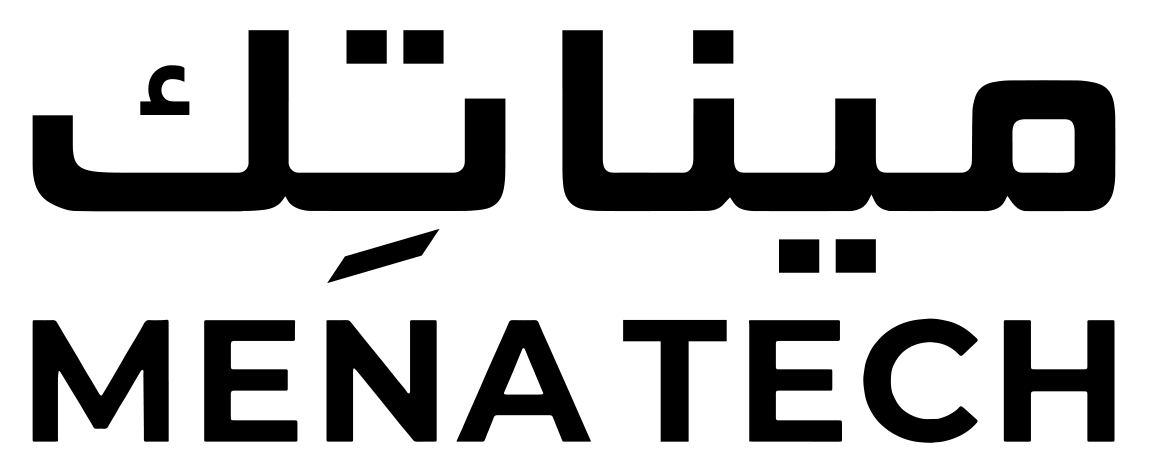



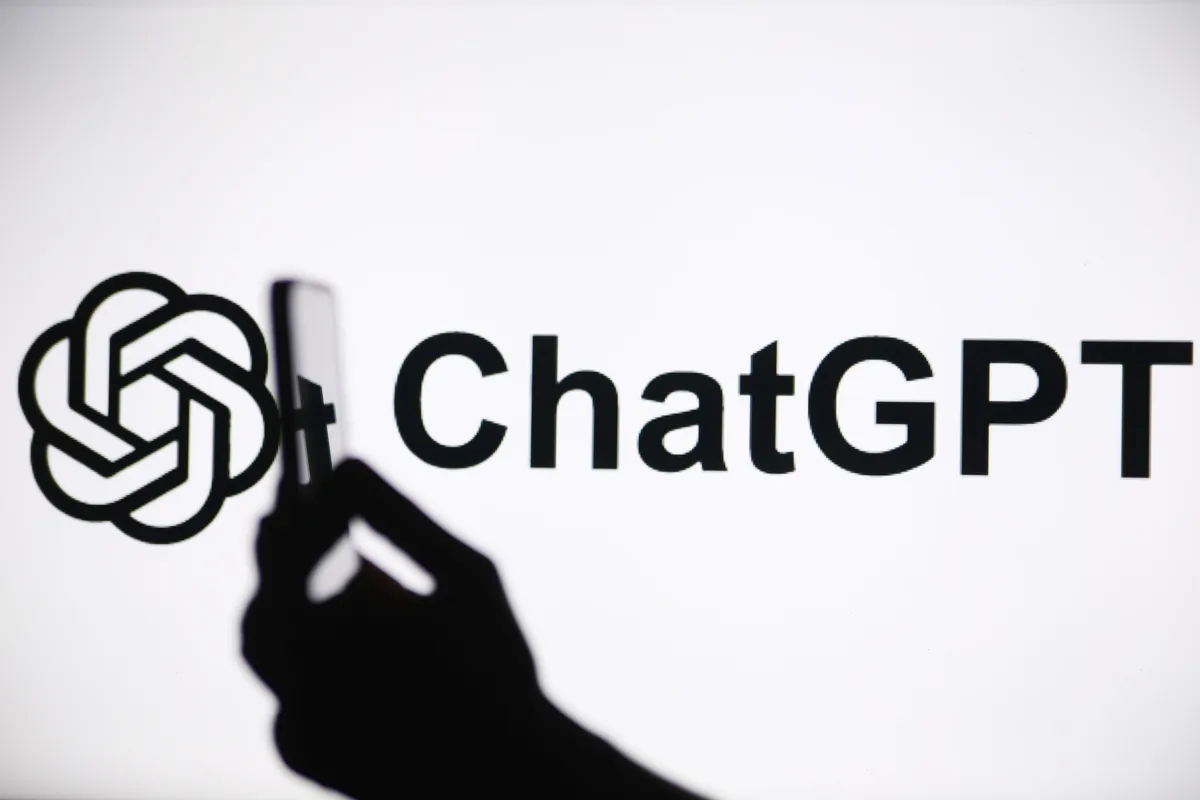
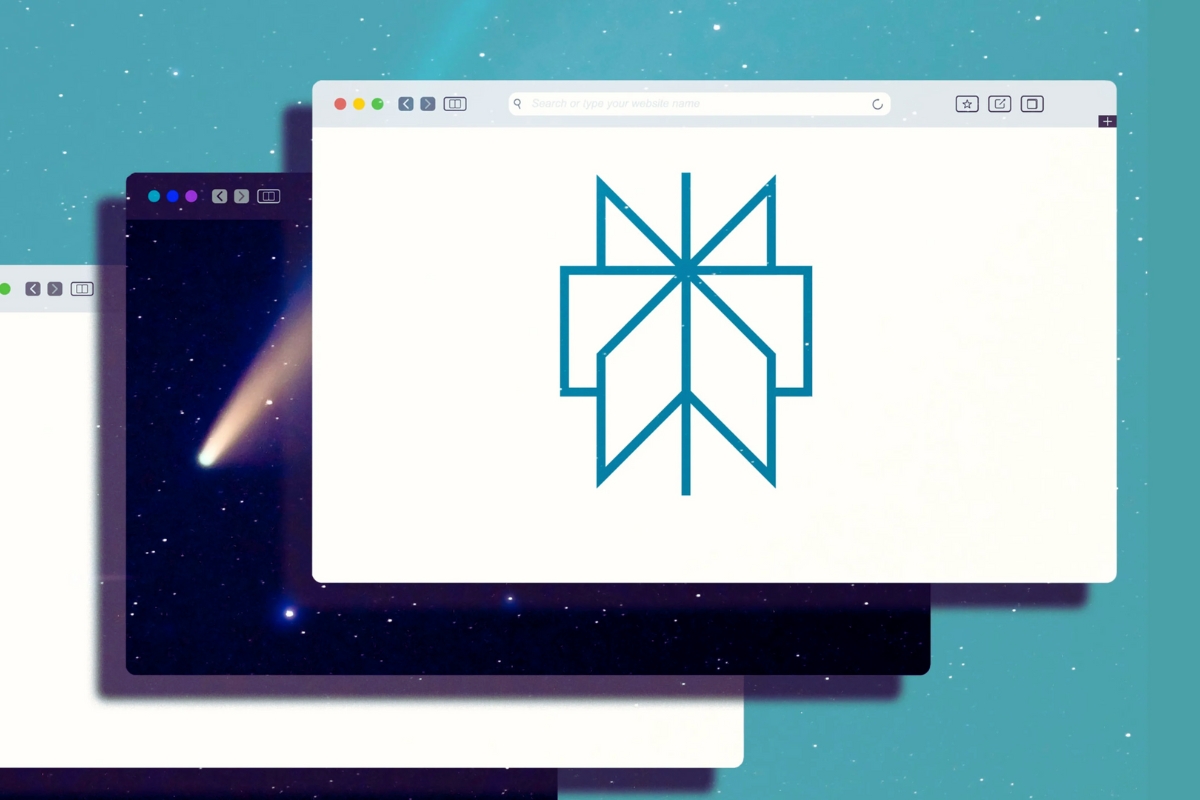

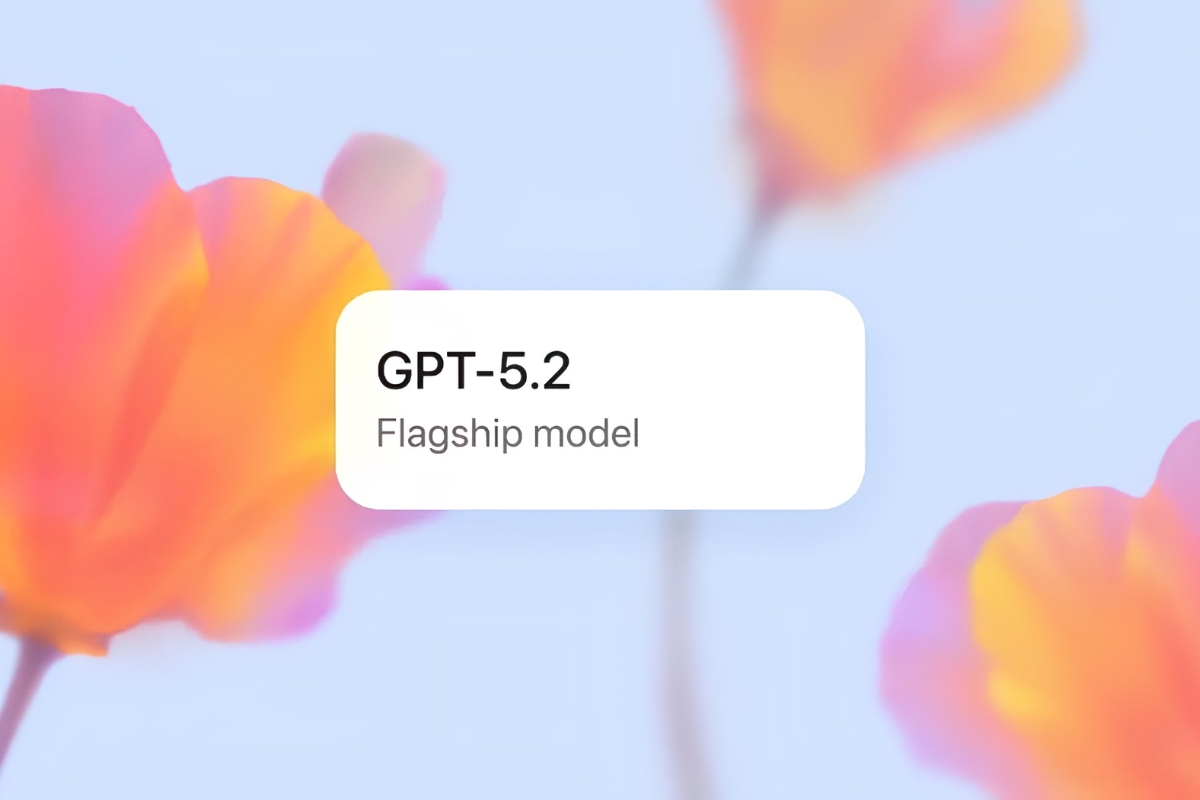

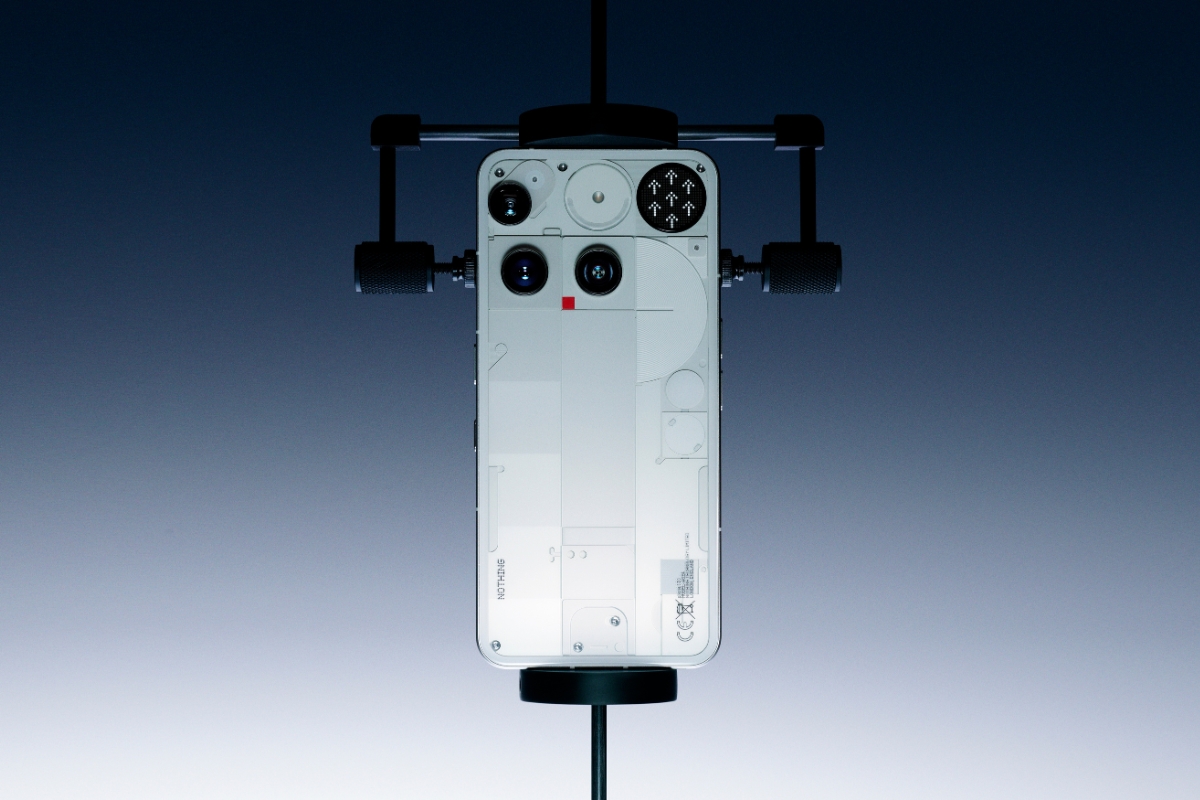
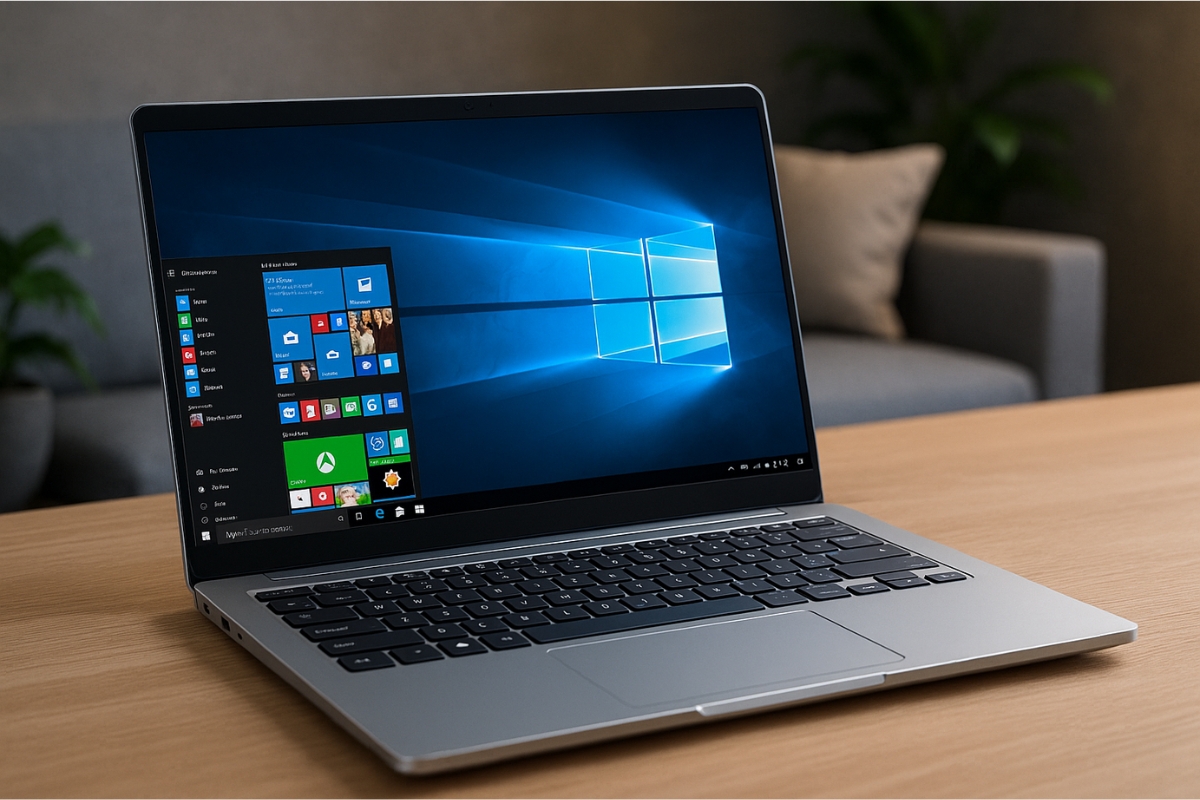
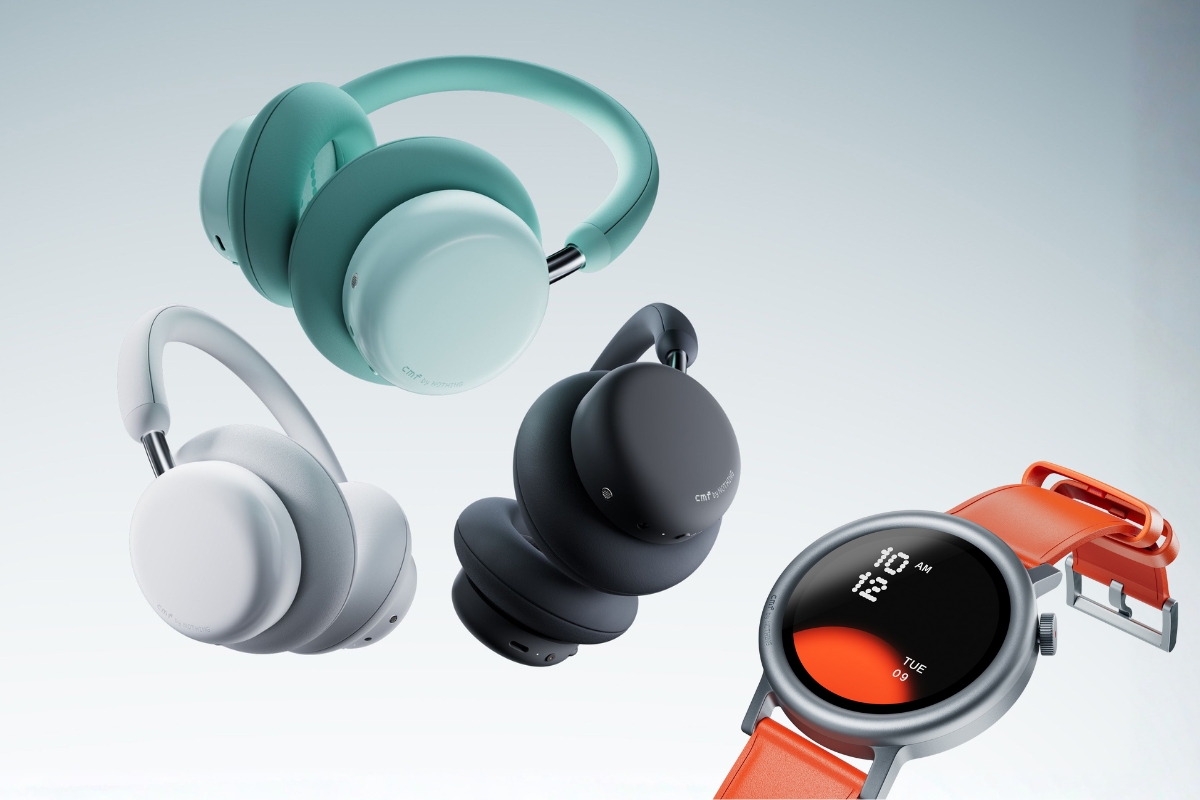


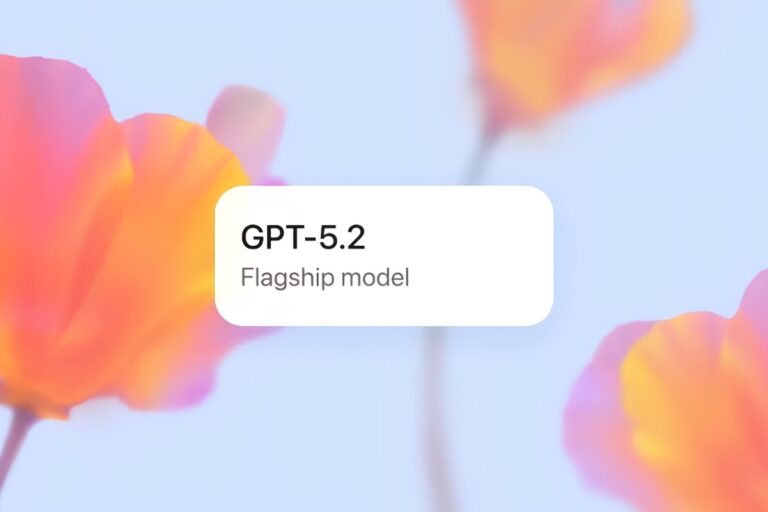

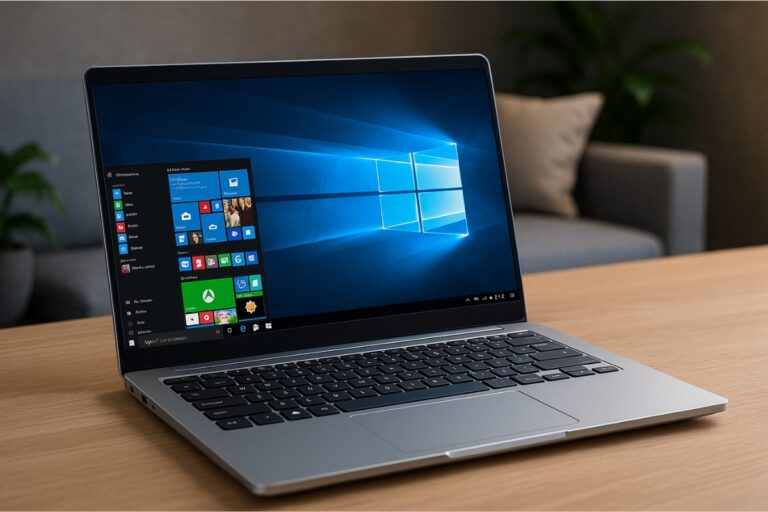


![Tanuja Randery, Managing Director and Vice President EMEA at AWS [left] and Ana Paula Assis, Senior Vice President and Chair, EMEA and Growth Markets, IBM [right]](https://s3.eu-west-1.amazonaws.com/cdn.menatech.net/wp-content/uploads/sites/2/2025/10/IBM_AWS-768x614.jpg)
